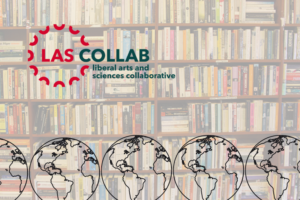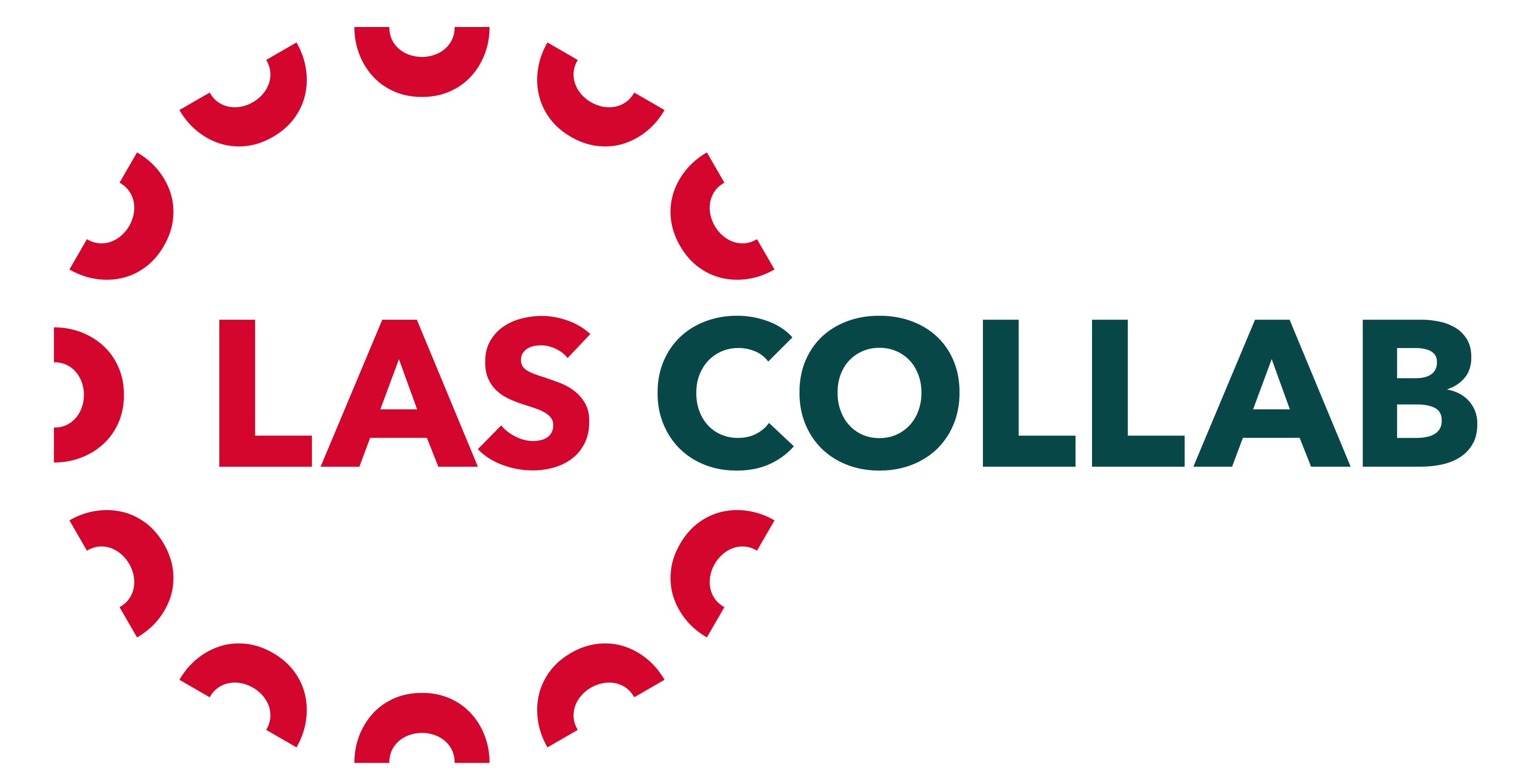LAS Collab: A Dynamic Resource for the Global Implementation of Liberal Arts and Sciences Education

Since its launch last year, the Liberal Arts and Sciences Collaborative (LAS Collab) has made its presence known in several impactful ways within OSUN and beyond. Operating as a vibrant partnership between seven OSUN member institutions (Al Quds Bard College, American University of Afghanistan, American University of Central Asia, Ashesi University, Bard College, BRAC University, and, its host institution, Parami University), LAS Collab provides a unique environment where institutions seeking to adapt liberal arts and sciences educational models can consult with each other and access resources to assist in developing rigorous education protocols. These models and protocols have an increasingly vital role to play in the global education ecosystem.
Liberal Arts and Sciences in an Era of Precarity
Gray Rinehart, LAS Collab Technical Lead, says that while liberal arts and sciences education isn’t always a fit for every higher education institution, certain key features are proving to be valuable amidst the growing political and social pressures impacting higher education worldwide. He says that multidisciplinary and interdisciplinary study, smaller class size, a focus on critical reading and writing, and student-led discussions in classrooms are typical features of LAS education that can positively inform how students engage with the world.
“In our current era of precarity, with its threat of growing illiberalism and inequalities and the need for new forms of justice, the undergraduate education offered through the liberal arts and sciences has never been more important,” he says.
A Plurality of Voices
Offering a public-facing and purely virtual platform, LAS Collab has facilitated a number of highly engaging and accessible events that provide practical insights on higher education administration, curriculum, and pedagogy. Drawing on LAS Collab’s framework of how LAS education operates as a system, these insights have been richly informed by the diverse perspectives of administrators from Bangladesh, Kyrgyzstan, and Palestine, as well as students from Afghanistan and Myanmar, for example.
“The plurality of voices, especially from areas where LAS education is historically underrepresented, has supported the formation of new networks and feelings of solidarity,” says Rinehart, describing input from both guest speakers and engaged participants attending LAS Collab events.
Attendees at the events have coalesced on several key insights within the field, including a growing desire to decolonize the LAS curriculum in postcolonial contexts and observing the sometimes intrusive effect of state interventions and policy priorities on LAS education in countries in the Global South.
A Hub for Knowledge
LAS Collab has also made strides in becoming a hub for knowledge production about LAS education. Its first awards cycle has led to the funding of 12 pieces of academic research and 18 strengthening guides for LAS education that will be published in 2024 as open educational resources.
“There is clearly an appetite to support LAS education in terms of how we understand and enact it. We anticipate that this published literature will greatly contribute to the discourse around LAS education and its implementation,” says Rinehart.
Committed to supporting the implementation of liberal arts and sciences education as a system of teaching and learning across the globe, LAS Collab recently launched a new LAS Advising Service that pairs experienced resource personnel with new practitioners seeking guidance on administrative, curricular, or pedagogical concerns.
Rinehart says the breadth of publications and guides the program is producing, along with its portfolio of advisors, provides a flourishing and diverse repertoire of perspectives and experiences that are important to the advancement of LAS education.
“In 2023 we began laying the infrastructure to realize our vision of becoming an incubator for cross-institutional collaboration, both for OSUN member institutions and for universities outside the network. And in 2024, we will continue to accrue and develop the resources needed to support even more strengthening and implementation of LAS education.”
